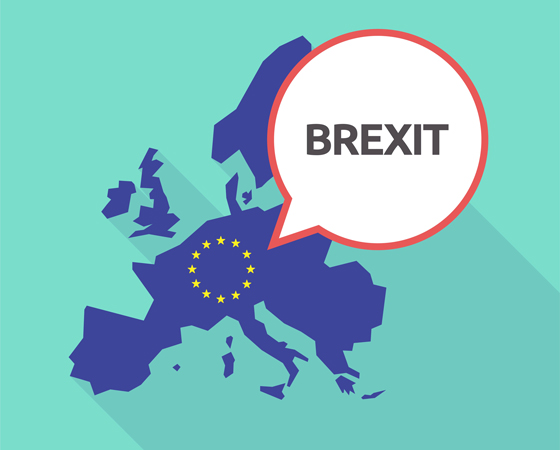After several votes in the British Parliament failed, Theresa May had asked for Brexit to be postponed. At a special EU summit on 10 April, May agreed with the remaining 27 EU states to postpone Brexit to 31 October.
The EU Council President spoke of a “flexible” extension whereby the UK could leave at any time, but no later than 31 October. “This gives the UK six more months to find the best possible solution,” Tusk said on Twitter. But he also warned Britons: “Please don’t waste this time.” The EU-27 ruled out a renegotiation of the exit deal.
Brexit extension is welcomed

The prolongation of the Brexit vote is not only well received, but fears of further suspension and impact on the economy. Carolyn Fairbairn, director general of the CBI, tweeted: “The looming economic crisis has been prevented, but it must be a new beginning.” The head of the BCC Chamber of Commerce, Adam Marshall, made a similar statement. He warned of a disaster if time was played again. He made it clear that companies needed answers “to be able to plan for the future.”
The postponement is welcomed by the German Private Banking Association, but it calls for more speed. German exporters describe the difference as the “lesser evil.” BGA President Holger Bingmann said: “The economic price for this is that companies on both sides of the Channel will continue to hang in the air in the coming months as regards the design of future economic and trade relations.”
Information about Brexit, the different scenarios and impacts clearly compiled under www.dbh.de/brexit


